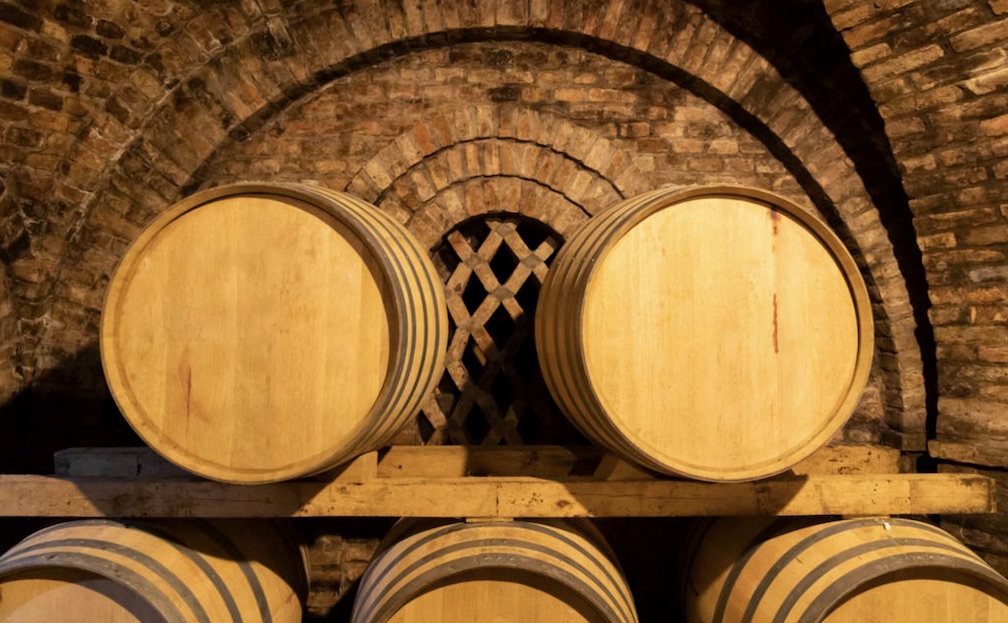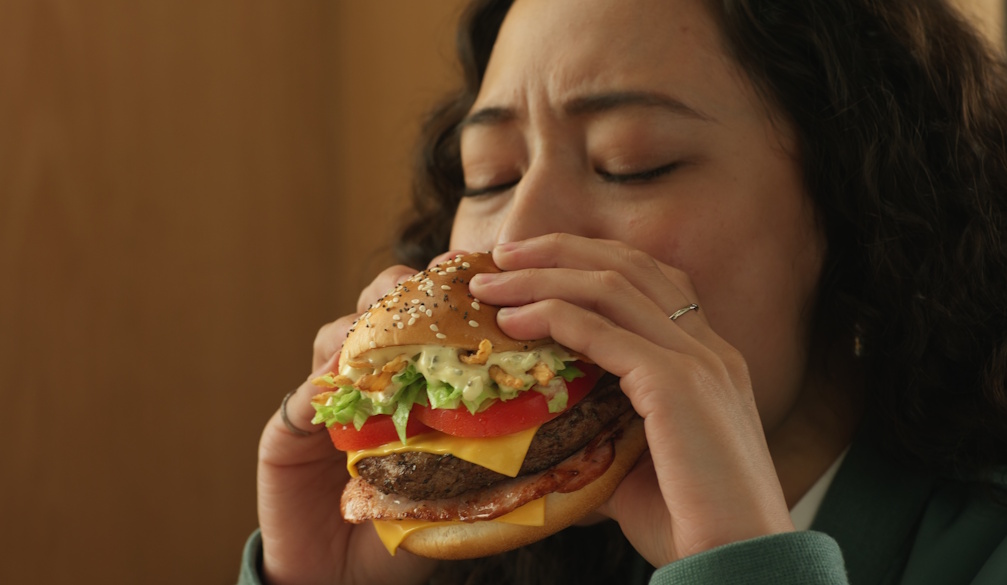Wine Cellaring Tips and Techniques
- Written by The Times

Wine cellaring is an art and a science, and having a well-stocked cellar can add greatly to your enjoyment of wine. If you are new to this fascinating hobby, you may be wondering what wines are best for cellaring. In this guide, we will discuss some of the best wines for ageing that will make great additions to your collection. We will explore why these particular wines are so good for cellaring, along with tips on how to care for them properly. With these tips in mind, you'll soon have a cellar full of delicious mature wines that will age gracefully over time!
Benefits of Cellaring Wine
Cellaring wine, also known as wine ageing or wine storage, involves storing wine bottles for an extended time to allow them to mature and develop more complex flavours and aromas. While not all wines benefit from cellaring, certain best wines to cellar can greatly improve with age. Here are some of the benefits of cellaring wine:
Enhanced Flavor and Aroma Complexity: Many wines, especially reds like Cabernet Sauvignon, Merlot, and Pinot Noir, tend to evolve and develop more complex flavours and aromas over time. Cellaring can soften harsh tannins and balance the wine's elements, leading to a more harmonious and refined taste.
Improved Integration: Over time, the various components of a wine, including the fruit, acidity, tannins, and oak, can integrate more seamlessly. This can result in a smoother, more balanced wine with a longer and more elegant finish.
Secondary and Tertiary Aromas: As wine ages, it can develop a wide range of secondary and tertiary aromas that weren't present in its youth. These aromas can include notes of leather, tobacco, dried fruits, spices, and earthy elements, adding depth and complexity to the wine.
Longevity: Properly cellared wines can have an extended lifespan, allowing them to be enjoyed over several decades. This is particularly important for collectors and enthusiasts who wish to experience a wine's evolution over time.
Investment and Rarity: Some wines can appreciate over the years, making cellaring a potentially profitable investment. Additionally, cellaring wines can lead to unique and rare bottles that can be shared on special occasions.
Food Pairing Opportunities: Aged wines often pair exceptionally well with a variety of foods, offering a different and complementary dining experience compared to young wines. Their mellowed tannins and developed flavours can enhance the pairing with a wide range of dishes.
Unique Experiences: Enjoying a wine that has been carefully stored for many years can be a unique and special experience. It allows you to taste the history and the evolution of a specific vintage and winemaking style.
Personal Satisfaction: For wine enthusiasts, cellaring wine can be a rewarding hobby. It provides the satisfaction of taking care of a collection, seeing it mature, and opening bottles at their peak to savour and share with friends and loved ones.
It's essential to note that not all wines are suitable for ageing, and proper storage conditions are critical for the success of cellaring. Temperature, humidity, light, and vibration should all be carefully controlled to ensure the wine ages gracefully. Additionally, the optimal cellaring period varies depending on the type of wine, with some wines best enjoyed in their youth while others improve with extended ageing.
Conclusion
In conclusion, the best wines to cellar depend on personal preference and budget. Some of the most popular wines for cellaring include Cabernet Sauvignon, Syrah/Shiraz, Bordeaux Blends, Pinot Noir, Zinfandel and Rhone Blends. All of these wines offer subtle complexities over time and become even more enjoyable with age. Investing in a few bottles to cellar can be a worthwhile experience for any wine enthusiast who wants to explore their palette further.





















